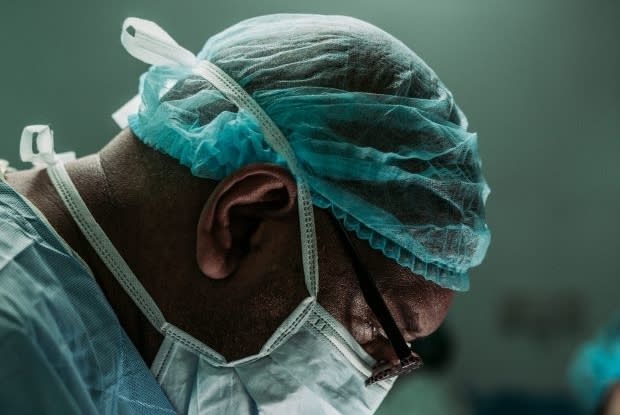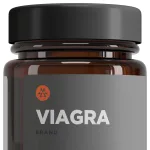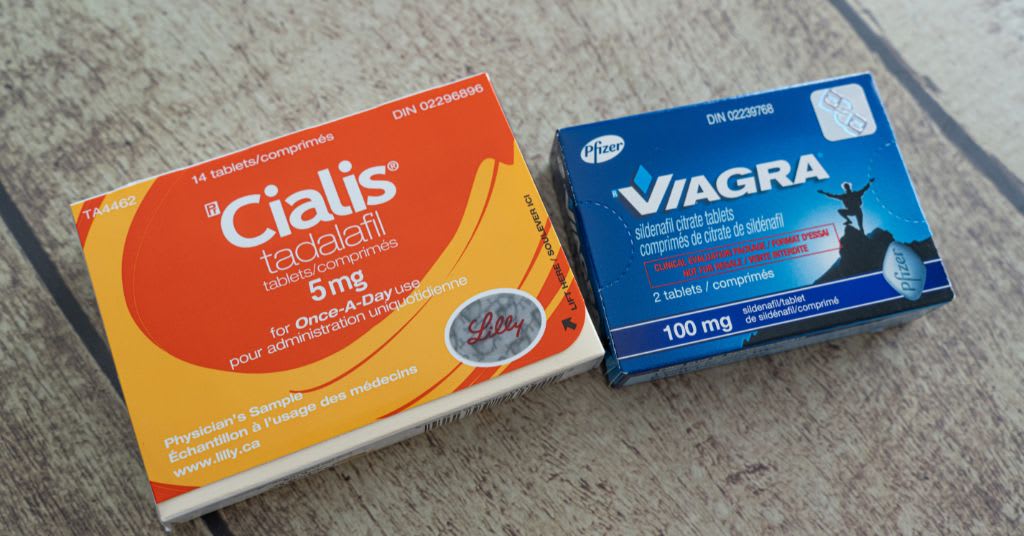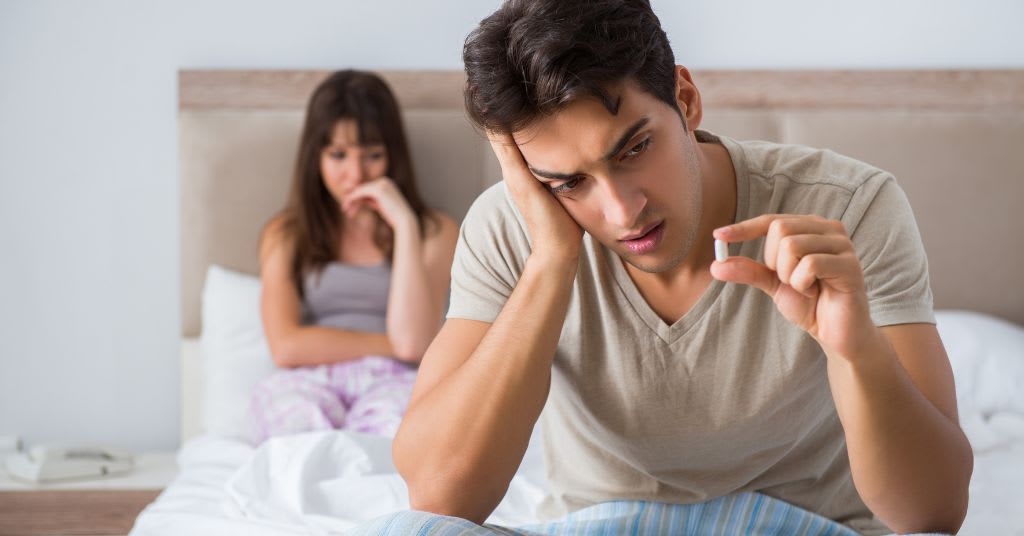What is an Enlarged Prostate?
The prostate is a key part of the male reproductive system. It is a gland that produces the fluid needed to carry sperm during the ejaculation process. The prostate gland is located around the urethra.
A man’s prostate will continue to grow throughout his life, but in the majority of cases, this does not cause any health problems. However, several factors can result in an enlarged prostate, also known as benign prostatic hyperplasia (BPH). This condition occurs when the prostate grows large enough to impact the urethra.
BPH can lead to symptoms like urinary retention, weak urine streams, and pain when urinating. A man’s risk for BPH increases with age. Regular check-ups can help identify these prostate issues.
For mild symptoms of BPH, self-care methods like exercising regularly and avoiding alcohol or caffeine can help. But a urinary system that is severely disrupted may have implications for your sexual health. 1 As a result, untreated BPH can debilitate your sex life, and you may need erectile dysfunction pills. Read on to learn more about the prostate’s role in ED.

The Link Between BPH and ED
The worse your BPH symptoms are, the more likely you will be affected by ED, low libido, and reduced sexual satisfaction. An enlarged prostate that presses on the urethra can cause the following symptoms that disrupt sexual function:
- Difficulty achieving and maintaining an erection due to persistent need to urinate
- Poor sleep from needing to wake up intermittently to urinate
- Difficulty starting urination
In addition to sexual dysfunction caused by urinary problems, certain treatment methods for BPH have been associated with ED. For example, anti-testosterone medications prescribed for BPH have been linked to erectile dysfunction and diminished libido. To avoid side effects of ED, alpha-blockers (such as tamsulosin, alfuzosin, and silodosin) may be preferred to anti-testosterone drugs. Surgical techniques to resect the prostate (tissue removal) may also cause erectile dysfunction in some men. 2
The Effect of Surgery for Prostate Cancer
Benign prostatic hyperplasia does not increase the risk for prostate cancer. However, men with prostate cancer may require a surgical procedure called a radical prostatectomy. This procedure removes the prostate gland but doing so can sever some of the arteries and nerves necessary for an erection. As a result, men who undergo this surgery have a higher chance of losing erectile function.

Some procedures to treat prostate cancer are nerve-sparing, but even nerve-sparing surgical techniques lead to ED in more than half the cases. The success rate of nerve-sparing surgeries depends on the surgeon’s skill, the tumor location, and other factors such as the patient’s age. After surgery, even nerves that are not permanently damaged may take more than six months to recover to full sexual function. 3 You can learn more about your ED treatment at mailMymeds.
Hormone Therapy, Testosterone, and Low Libido
For men with prostate cancer, hormone therapy may be used to stop testosterone from reaching prostate cancer cells. This is because most prostate cancer cells use testosterone as fuel to grow. Hormone therapy aims to slow their growth and cause cancer cells to die. Most of the time, hormone therapy uses certain medications. In severe cases, hormone therapy may involve the removal of the testicles.
Hormone therapy reduces testosterone in the body, so men who undergo this type of prostate cancer treatment will likely experience the side effects of low testosterone, which includes a lower sex drive. A low sex drive can subsequently result in erectile dysfunction. Some research claims that the side effects of hormone therapy may be reduced if medications are administered intermittently. More studies are needed to determine the long-term effects of hormone therapy on ED.
Improving Prostate Health
Prostate cancer is the second most common cancer among men in the U.S. If you are concerned about your prostate health, ask your doctor for a screening to determine whether you are at risk of prostate-related conditions. Attending regular check-ups can help with the early detection of any issues with your prostate. Regardless of whether you are at a high risk of prostate problems, you can improve your prostate health with these tips:
- Reduce red meat consumption. By eating less red meat, you lower your PhIP consumption. PhIP is a chemical compound that can increase your risk of prostate cancer and is released when red meat is charred.

- Exercise regularly. Obesity is one of the main risk factors for prostate cancer, but regular exercise can help you maintain a healthy weight range. Just 30 minutes of moderate activity a day can have significant positive effects in the long run.
- Don’t smoke. It may be time to kick the habit if you smoke. The carbon monoxide in tobacco attaches to the red blood cells in your body, causing them to die. As a result, smoking is another major risk factor for prostate cancer.
- Eat your veggies and hydrate. Lots of green and leafy vegetables will provide your body with the vitamins and antioxidants needed for a healthy prostate. Proper hydration is also essential for your prostate health.










